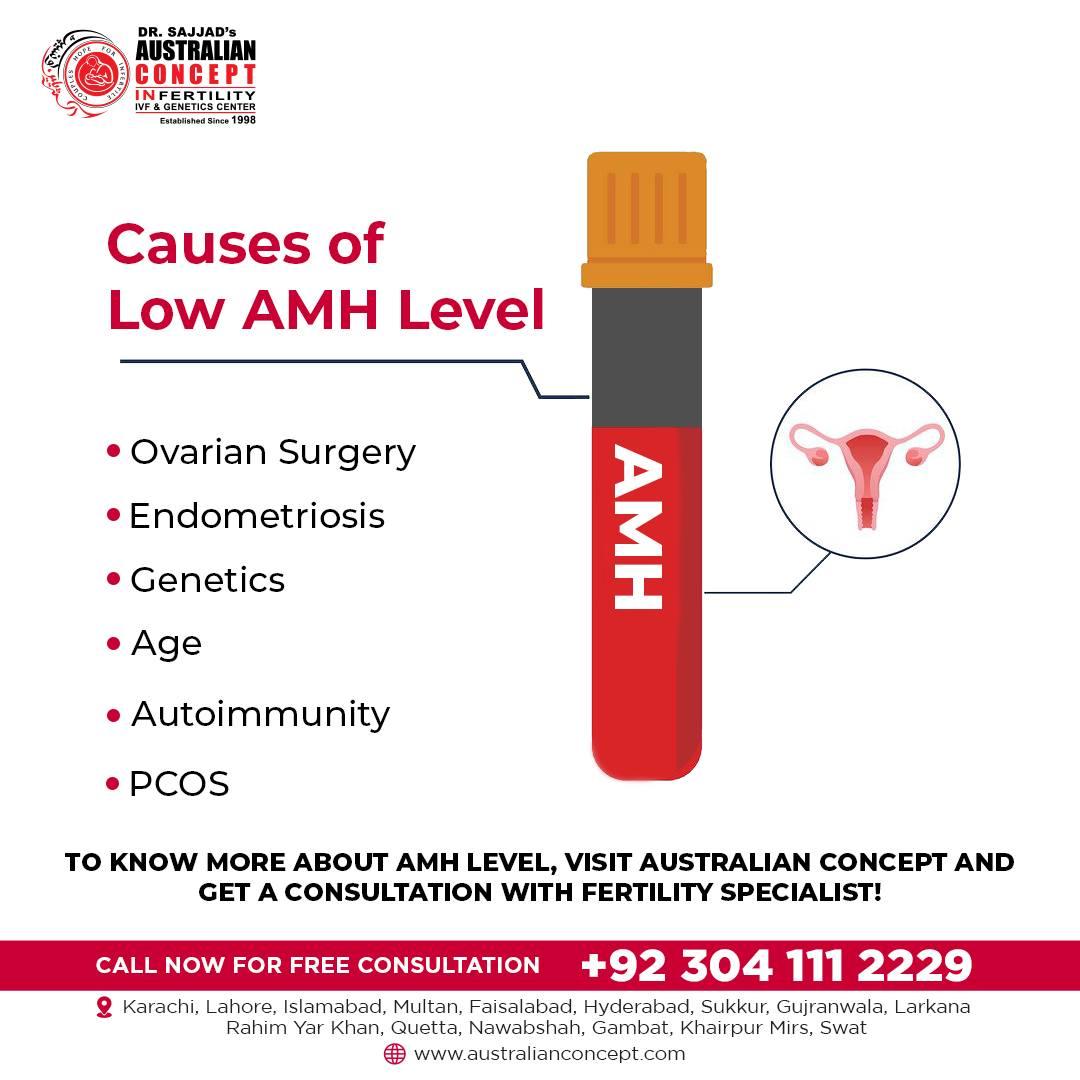Hormonal imbalances are one of the most common causes of female infertility. Hormones play a crucial role in regulating the reproductive system, and any disruption in their balance can severely affect a woman’s ability to conceive. This article explores how different hormonal imbalances contribute to infertility, the symptoms they present, and the treatment options available to address these issues.
Understanding Hormones and Their Role in Reproduction
In women, hormones such as estrogen, progesterone, follicle-stimulating hormone (FSH), luteinizing hormone (LH), and thyroid hormones are key regulators of the reproductive system. These hormones control the menstrual cycle, ovulation, and the preparation of the uterus for pregnancy. Any disruption in these hormones can lead to irregular ovulation or other fertility problems.

Common Hormonal Imbalances That Affect Fertility
1. Polycystic Ovary Syndrome (PCOS)
PCOS is one of the leading causes of female infertility and is characterized by an imbalance in reproductive hormones, particularly an excess of androgens (male hormones). This hormonal imbalance interferes with the development and release of eggs from the ovaries, leading to irregular menstrual cycles or even the absence of ovulation.
- Symptoms: Irregular periods, weight gain, excessive hair growth, and acne.
- Treatment: Lifestyle changes, medications to induce ovulation, and fertility treatments like IVF treatment may be recommended if ovulation medications do not work.
2. Hypothyroidism
The thyroid gland produces hormones that regulate metabolism, but it also plays an essential role in reproductive health. Hypothyroidism occurs when the thyroid gland is underactive, leading to low levels of thyroid hormones. This can result in irregular periods, anovulation (failure to ovulate), and difficulty maintaining a pregnancy.
- Symptoms: Fatigue, weight gain, depression, and irregular periods.
- Treatment: Thyroid hormone replacement therapy can restore normal hormone levels and improve fertility.
3. Hyperprolactinemia
Prolactin is the hormone responsible for milk production, but elevated levels in women who are not pregnant or breastfeeding can cause infertility. High prolactin levels (hyperprolactinemia) inhibit the production of FSH and LH, preventing ovulation.
- Symptoms: Irregular or absent periods, milky discharge from the breasts.
- Treatment: Medications like dopamine agonists are commonly used to lower prolactin levels and restore ovulation.
4. Luteal Phase Defect
The luteal phase occurs after ovulation when the body produces progesterone to prepare the uterus for pregnancy. A luteal phase defect occurs when the body produces insufficient progesterone, preventing the uterine lining from developing properly, making it difficult for a fertilized egg to implant.
- Symptoms: Short menstrual cycles, spotting between periods, or recurrent miscarriages.
- Treatment: Progesterone supplements can help support the luteal phase and improve the chances of pregnancy.
Diagnosing Hormonal Imbalances
When hormonal imbalances are suspected as the cause of infertility, several diagnostic tests can help confirm the issue. These include blood tests to measure hormone levels, ultrasound exams to assess ovarian function, and ovulation tests to track the release of eggs.
- Blood tests: Used to measure levels of estrogen, progesterone, FSH, LH, and thyroid hormones.
- Ultrasound: To check for PCOS or other ovarian irregularities.
- Ovulation tests: These can detect LH surges, indicating when ovulation is about to occur.
Treating Infertility Caused by Hormonal Imbalances
1. Lifestyle Changes
Sometimes, simple lifestyle changes such as losing weight, exercising regularly, and adopting a balanced diet can help restore hormonal balance. For women with PCOS, reducing insulin resistance through diet and exercise can significantly improve fertility.
2. Medications
There are several medications available to address hormonal imbalances:
- Clomiphene citrate: Stimulates ovulation in women with PCOS or irregular ovulation.
- Metformin: Often prescribed to improve insulin sensitivity in women with PCOS.
- Thyroid medication: For those with hypothyroidism, thyroid hormone replacement is the standard treatment.
3. Fertility Treatments
If lifestyle changes and medications do not restore normal hormone levels or result in successful conception, fertility treatments may be required:
- IVF treatment: In vitro fertilization (IVF) involves retrieving eggs from the ovaries, fertilizing them in a lab, and transferring the embryo back into the uterus.
- ICSI treatment: Intracytoplasmic sperm injection (ICSI) is used in conjunction with IVF and involves directly injecting a single sperm into an egg, which is particularly useful in cases of male infertility.
- IUI treatment: Intrauterine insemination (IUI) involves placing sperm directly into the uterus during ovulation to increase the chances of fertilization.
The Importance of Early Diagnosis
Identifying and addressing hormonal imbalances early can improve a woman’s chances of conceiving naturally or with minimal medical intervention. Gynecologists and infertility specialists work closely with patients to diagnose and treat these imbalances effectively.
Conclusion
Hormonal imbalances play a significant role in female infertility, but with proper diagnosis and treatment, many women can overcome these challenges and successfully conceive. From lifestyle modifications to advanced fertility treatments such as IVF treatment, ICSI treatment, and IUI treatment, there are numerous options available for women facing infertility due to hormonal issues.






